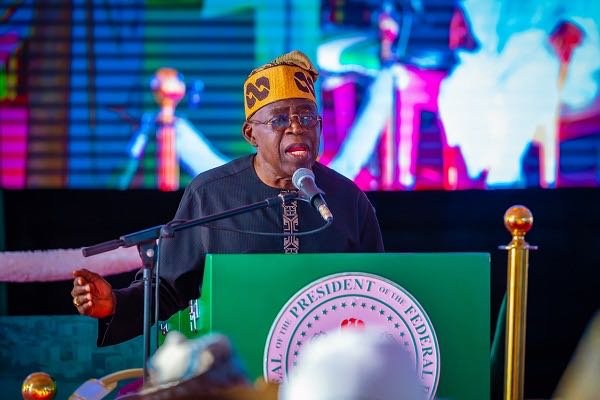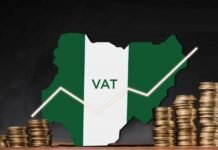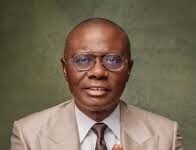The Presidency yesterday reaffirmed that President Bola Ahmed Tinubu remains committed to inclusive growth and implementing tangible measures to ease economic hardship across the country.
It was responding to the World Bank Group report that poverty levels remain alarming, despite increased government revenues at all levels and higher capital spending by federal and state governments.
The Bank said 139 million Nigerians are probably living in poverty.
In a post on X, the Special Adviser to the President on Media and Public Communication, Sunday Dare, outlined key programmes and fiscal reforms driving the administration’s economic recovery and social protection agenda.
According to him, the Tinubu Administration “remains firmly focused on improving household welfare through targeted, verifiable interventions” aimed at ensuring that economic growth translates into improved living standards.
He listed the Conditional Cash Transfer (CCT) as one of the flagship programmes, expanded to reach up to 15 million households nationwide, with over N297 billion disbursed since 2023 to poor and vulnerable families. Beneficiaries, he said, are being enrolled through a verified digital process under the National Social Register.
Dare also highlighted the Renewed Hope Ward Development Programme (RH-WDEP) as “a major initiative targeting all 8,809 electoral wards” to deliver micro-infrastructure, livelihood support, and social services at the grassroots.
He said the administration is consolidating the National Social Investment Programmes (NSIPs) — including N-Power, GEEP micro-loans, and the Home-Grown School Feeding Programme — to protect jobs, support small businesses, and keep children in school.
On food security, Dare said government efforts are focused on curbing inflationary pressures through the distribution of subsidised grains and fertilisers, mechanisation partnerships, and revival of strategic food reserves.
He cited the establishment of the Renewed Hope Infrastructure Fund (RHIF) to finance energy, road, and housing projects expected to reduce living costs and create jobs.
Similarly, the National Credit Guarantee Company (NCGC) is expanding access to affordable credit for small businesses, women, and youth through risk-sharing partnerships with banks.
The presidential aide acknowledged that reforms such as fuel subsidy removal and exchange rate unification have been tough but “necessary choices to tackle the root causes of poverty rather than its symptoms.”
“Even the World Bank has acknowledged that these reforms are restoring macroeconomic stability and renewed growth momentum,” Dare noted.
He said the administration’s priority remains ensuring that “economic growth must be inclusive,” translating macroeconomic stability into affordable food, quality jobs, and reliable infrastructure.
![]()










